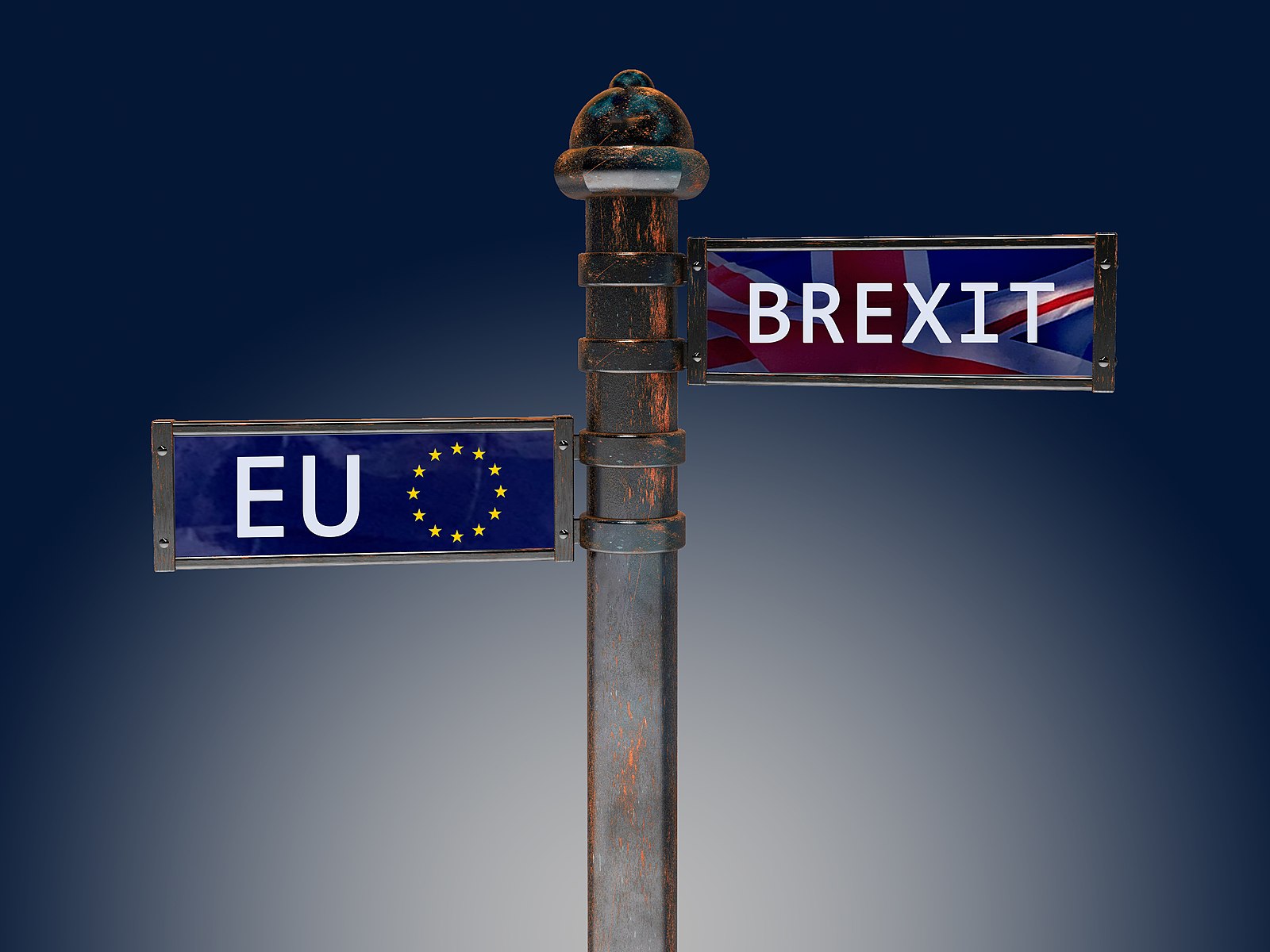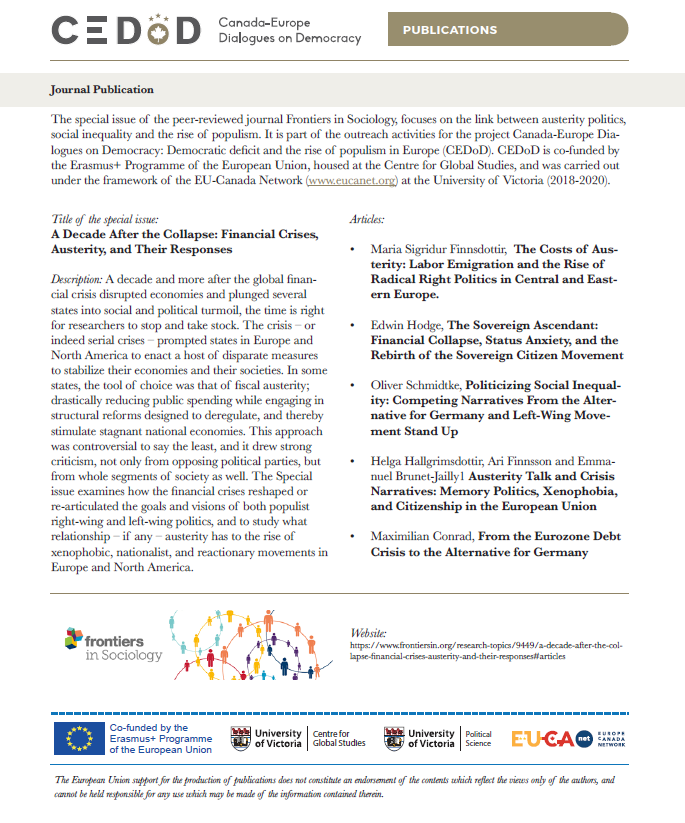Lasse Thomassen: Democracy and its possible challenges – Democracy and its Futures
Lasse Thomassen participated in the video series on The Futures of Democracies during the international conference “Democracy and Its Futures”, March 21-22, 2019. He accepted the invitation to respond to a bold question “What are the greatest challenges to democracy?”
In this video, Lasse Thomassen, a Senior Lecturer in the School of Politics & International Relations at Queen Mary, University of London, introduces a caveat to thinking about major problems facing democracy. Thomassen notes that this question may suggest that we think about democracy as a kind of set of institutions or principles that is meant to solve problems. According to the scholar, this entails the risk of instrumentalising democracy. “Maybe a different way of thinking about democracy would be to say that democracy is about the rule of the people”, says Thomassen. But again there are two basic problems here, which are related to the questions: “what is the people” and “what does it mean to rule and to be ruled”. The definition of democracy depends on the answer to these questions, says Thomassen, stressing however that providing this kind of “more open” meaning of democracy entails the risk of presenting it as something that is continuously at stake, because “we cannot really say what should be the limits to those two answers”. For Thomassen contemporary populism is an example of this type of risk. “I do not think that populism is necessarily a threat to democracy”, says the scholar, adding that “in many ways populism might actually be positive for democracy, depending on what kind of populism we are talking about”. “The risk is there”, he continues, “but it is not an issue that is specific to populism”.
For Thomassen, two major problems facing democracy today, the environmental crisis and inequality, are linked because the effects of the environmental crisis are not evenly distributed across the divide between rich and poor and across different generations. The scholar stresses that in the case of the environmental crisis, the questions become “who is the people there, how do we include the people that we are supposed to rule, how do we include future generations?”, but also “how do we include everybody, rich and poor equally?”. Inequality is a problem for democracy because thinking about democracy as the rule of people entails the equal inclusion of everyone “but usually not everyone is included equally”, notes the scholar. To resolve the problem in a democratic way “we would have to think about different ways of articulating this people or whatever we call it so that it could potentially include all those affected by the rule of democracy”, says Thomassen. To achieve this, instead of envisaging a global state or an institution that reaches everyone – as some theorists suggest – it might be useful to think about a more federate structure, where different peoples and groups connect to one another at a horizontal level.
This video is part of the MSEUCA project and was produced as part of the event “‘Public Debates in Turbulent Times: Academia and Media”, which took place on 19-20 March ,2019 in Victoria, BC. MSEUCA stands for Communication and Media Strategies for EU experts in Canada. This project is co-funded by the Erasmus+ Jean Monnet Action of the European Union and the Centre for Global Studies, University of Victoria. The European Union support for the production of publications does not constitute an endorsement of the contents which reflect the views only of the authors, and cannot be held responsible for any use which may be made of the information contained therein.

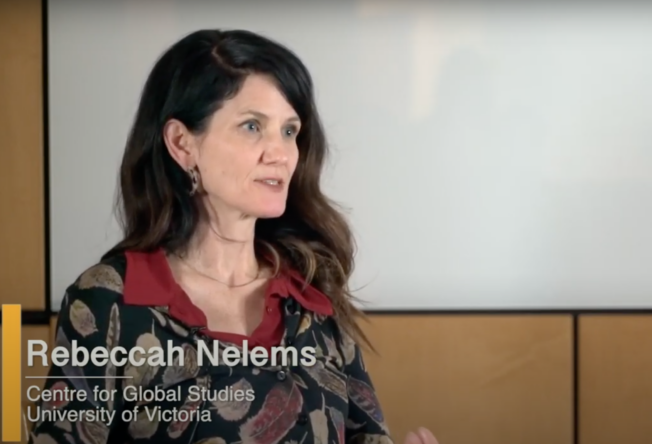
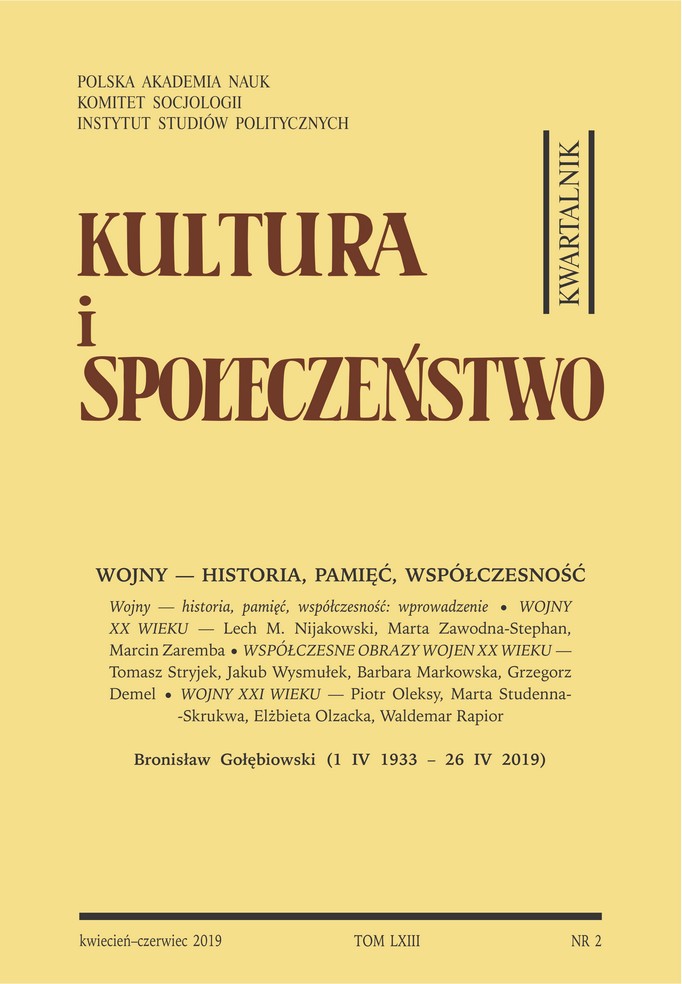
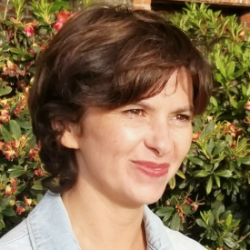
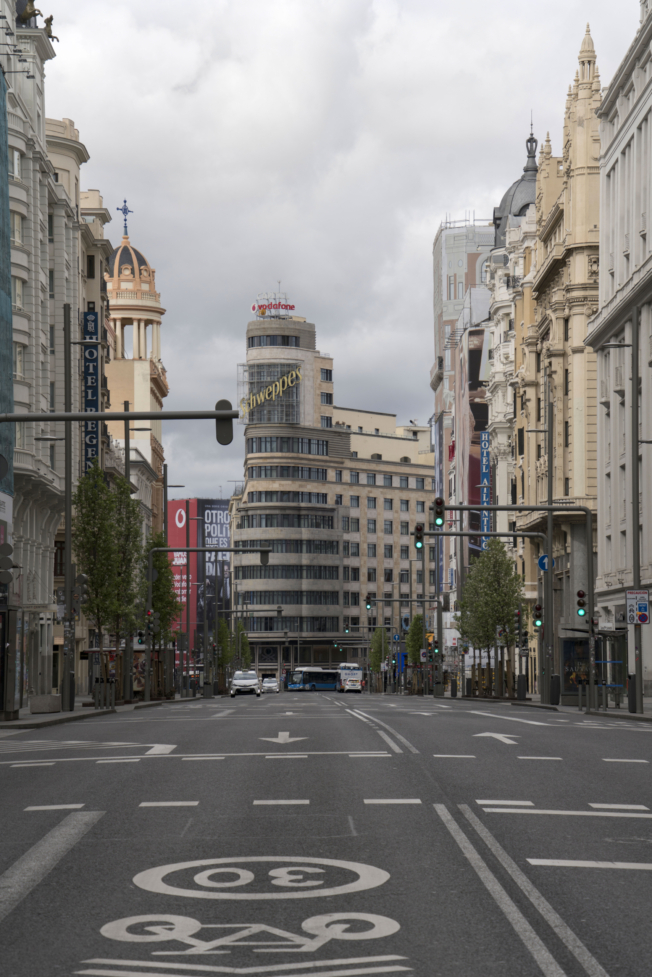
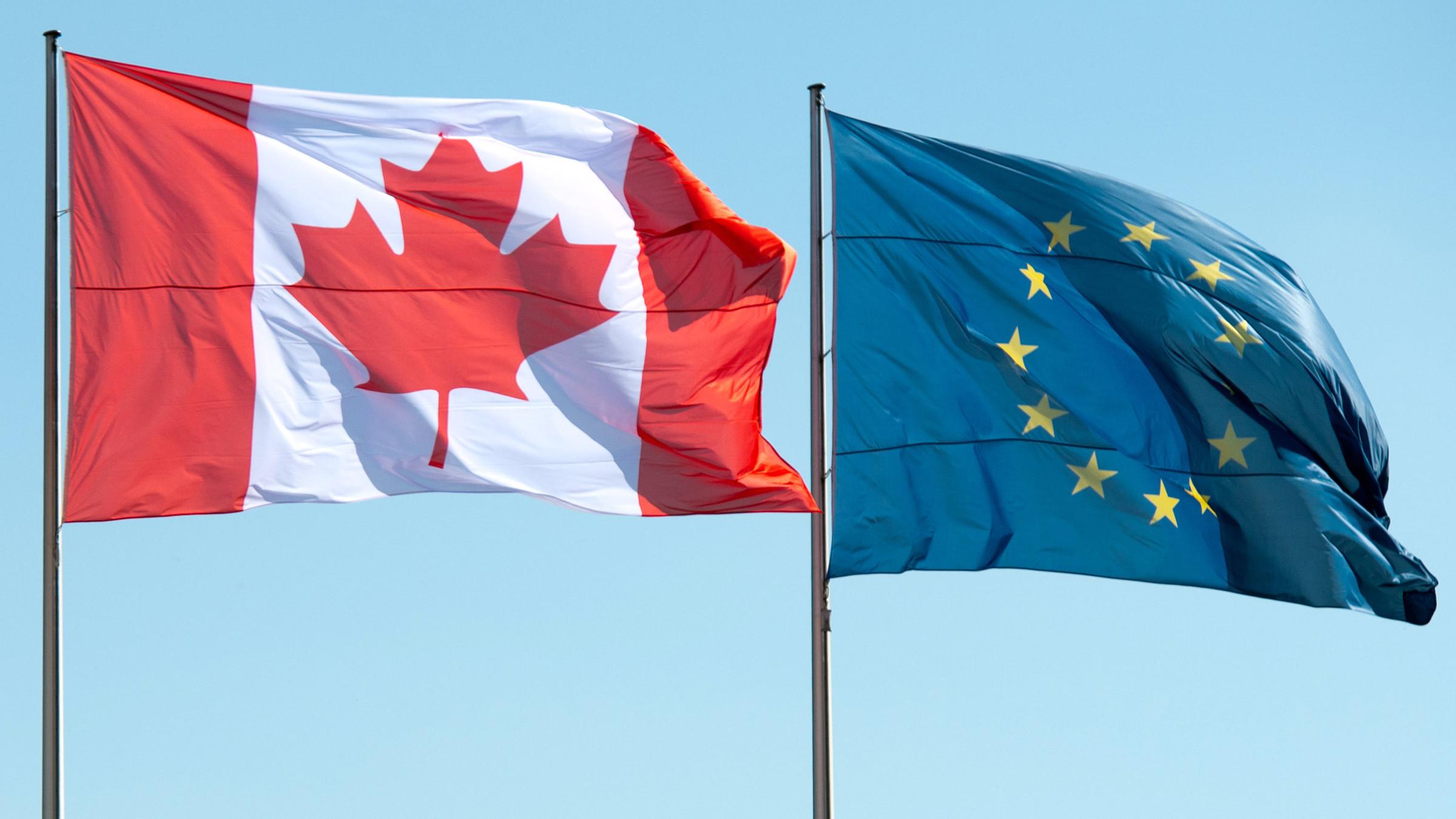 https://www.zdf.de/nachrichten/heute/ceta-abkommen-mit-kanada-ist-mit-eu-recht-vereinbar-100.html
https://www.zdf.de/nachrichten/heute/ceta-abkommen-mit-kanada-ist-mit-eu-recht-vereinbar-100.html